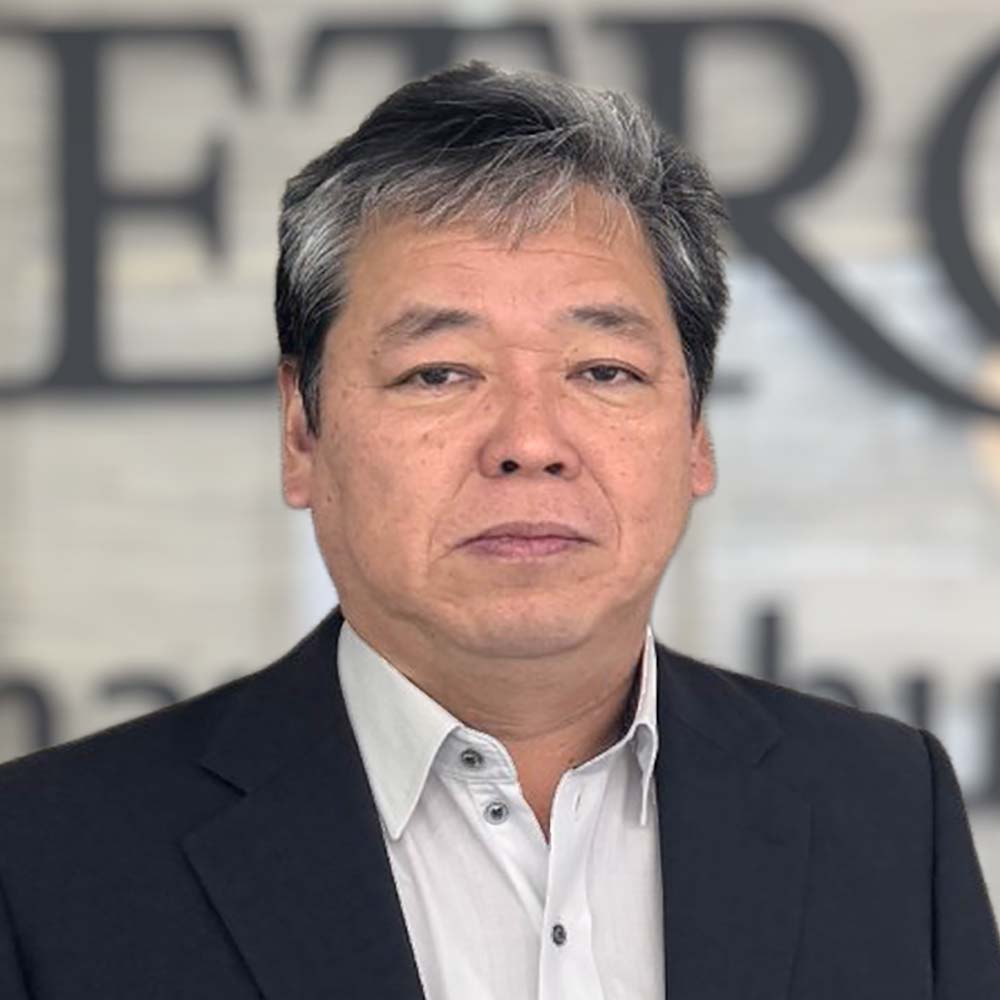As South Africa’s market grows more dynamic, Japan’s footprint is widening in unexpected ways — from green hydrogen and data science to sake and anime. Leading this expansion is Shintaro Matoba, Executive Director of JETRO Johannesburg, who helps Japanese companies navigate opportunities and challenges across the country’s key industries while fostering deeper economic ties between Japan and South Africa.
In this Q&A, Mr. Matoba discusses JETRO’s initiatives, success stories, and how innovation is shaping the next chapter of Japan–South Africa collaboration.
Bridges: How is JETRO supporting Japanese businesses to discover fresh opportunities and address key challenges in South Africa’s evolving market?
Mr. Matoba: JETRO actively supports Japanese companies’ activities by providing market information, promoting business matching, lobbying for updated import regulations to accommodate Japanese products, and holding networking events with local stakeholders. Recently, it has expanded its support to the renewable energy sector. In June 2025, it exhibited for the first time at the Africa Green Hydrogen Summit held in Cape Town, providing a venue to introduce Japanese companies’ technologies and areas of interest. JETRO is building bridges between Japan and South Africa in the hydrogen business by establishing relationships with local governments, promoting understanding of policies, and creating business opportunities.
Regarding efforts concerning import restrictions applied to Japanese products, JETRO immensely contributed to the amendment of the Liquor Products Act to include sake, or “rice fermented beverage”, as a classification, and this has removed one barrier for importers of sake in South Africa. This amendment was the first step in decreasing barriers, as next year in February, JETRO is hosting a Cape Town Sake Workshop and Business Matching, aimed at highlighting the historical significance of the 720ml bottle to regulators and lawmakers, which has been an obstacle for sake importer because of the 750ml standard in South Africa. The event will also promote sake and connect South African sake distributors with Japanese breweries.
In which sectors do JETRO see the most untapped potential for Japanese investment, despite rising competition?
Over 300 Memorandums of Understanding (MoUs) were signed during the TICAD 9 session in August 2025, and it was a significant increase from the 92 signed in time for the previous TICAD 8. These include the documents on AI/Data Science, Energy, Mineral Resources, Space, Healthcare, Content, and Infrastructure.
Japanese corporations had traditionally invested in the automotive and mining related sectors, but we hope the various sectors will be expanded because of the TICAD 9 outcome.
JETRO actively supports Japanese companies’ activities by providing market information, promoting business matching, lobbying for updated import regulations to accommodate Japanese products, and holding networking events with local stakeholders.
Shintaro Matoba, Executive Director of JETRO Johannesburg
What steps can Japanese and South African partners take together to boost innovation and value-added production?
Collaboration in research and development (R&D), joint ventures, and skills development programs is essential. By jointly investing in technology and nurturing local talent, Japanese and South African partners can develop innovative solutions tailored to regional needs.
For example, one Japanese company operating in South Africa has established a joint research facility with a local university, while another has set up a technology center in Johannesburg to foster collaboration with government agencies and private enterprises. JETRO supports these knowledge-sharing initiatives to drive innovation and high-value-added production.
Can you share a recent example of a successful Japan–South Africa business collaboration facilitated by JETRO?
Japanese pop culture is continuing to grow across Africa, especially in South Africa. This is the reason why JETRO has an on-going partnership with Comic Con Africa that was established three years ago. The Comic Con Africa has an attendance of about 67 000 people during a four-day period and the attendees include otakus, avid anime fans. This collaboration presents an opportunity for JETRO to connect South African businesses to Japanese companies. JETRO uses the Comic Con Africa platform to provide information to African businesses about securing Intellectual Property (IP) rights and doing business with Japanese businesses. This has resulted in many small South African businesses accessing IP rights to popular anime characters, and access to other Japanese products, through JETRO’s business matching programs. Comic Con Africa is not only about business but also a chance to further expose anime fans to Japanese food, games, and music.





